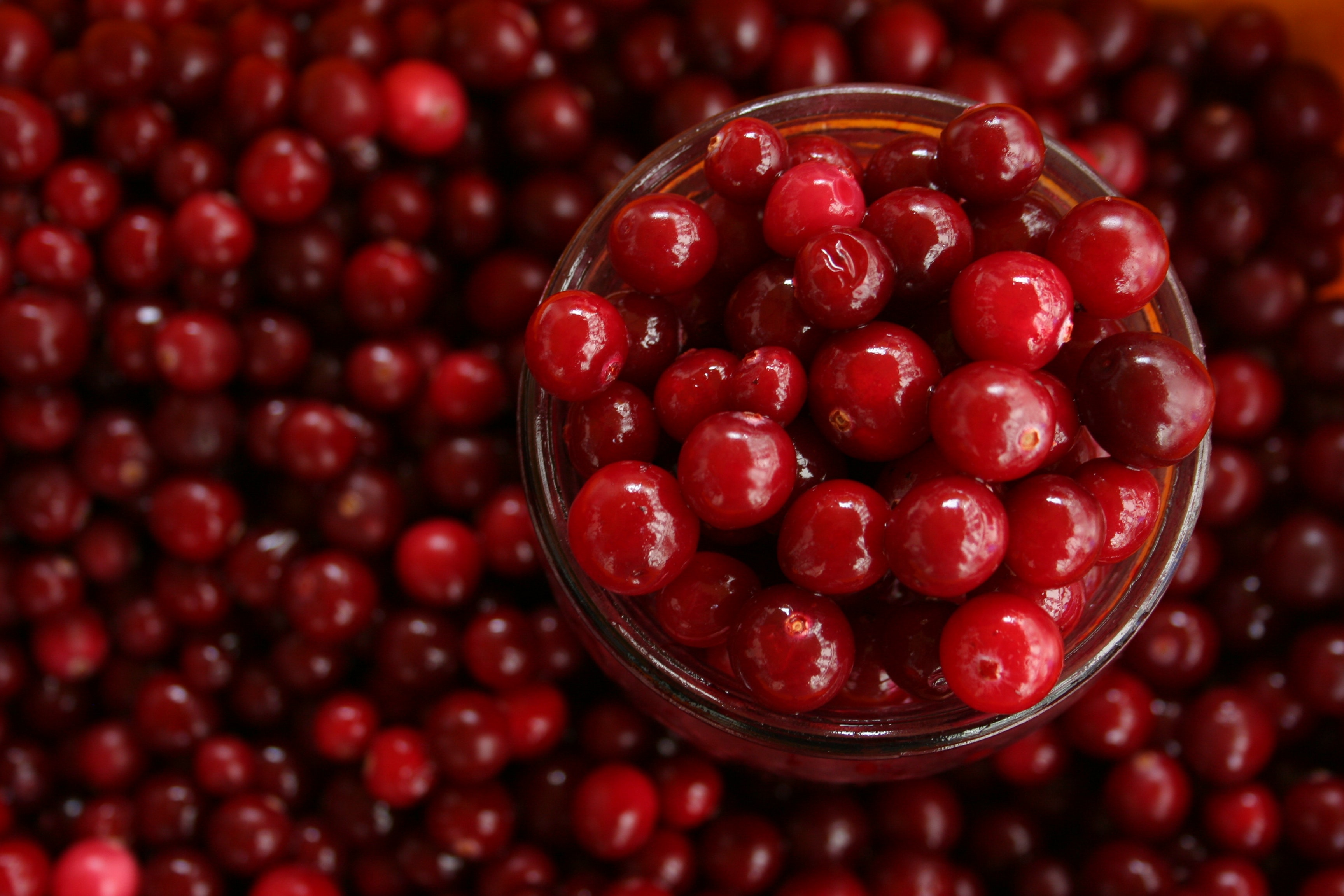You can only really buy cranberries from Nakumatt supermarket one week every year. They arrive somewhat inauspiciously around the twenty-first of December, packaged in clear store-branded plastic bags, and heaped onto the refrigerated area of the vegetable section. Not all Nakumatt branches sell them. They appear at branches that abut white immigrant neighborhoods: Nakumatt Prestige for Kilimani, Nakumatt in Lavington, and Nakumatt Crossroads for Karen.
Every year they show up quietly, elbowing themselves in between the blueberries and raspberries from the high altitude farms on the slopes of Mount Kenya. To me, they are the reminder that a long, self-indulgent holiday week is near.
I first tasted cranberries in the UK more than a decade ago. I was a waitress in a small restaurant in Birmingham that encouraged staff to have a shared, sit-down meal after all the guests had left and we had cleared up. At the time, I couldn’t afford a plane ticket home, so this was the closest I was going to get to a proper Christmas dinner. Because of those shared meals, I had more experiences with Britain’s non-student, working class community in that collapsing industrial town than many of my peers. I tasted British culture up close.
So there it was, this strange, dull, red jam in the middle of a savory meal. Like most Kenyans I grew up on hearty, filling, but ultimately bland food. Ugali and sukuma wiki—maize flour and boiled, leafy greens. Maingere—boiled maize and beans. My affinity for these and other Kenyan meals is because I associate them with the comforts of home, not necessarily because they taste good.
Kenyan tastes are simple and our food is neatly demarcated. When it’s time for savory, it’s time for savory. When it’s time for sweet, it’s time for sweet. When I looked upon this elaborate English feast for the first time, it made no sense that there was turkey, stuffing, turnips, carrots, mash potatoes, steamed sweet corn, gravy, and cranberry sauce.
Savory, savory, savory, savory, savory and at the tail end . . . jam?
Cranberries don’t grow in Kenya—they don’t really grow anywhere in Africa. The politics of those little transparent bags showing up every year is fraught. Those berries have some serious air miles and for an admittedly routinely lapsed locavore, they are a major faux pas. Moreover, they don’t taste good raw—you can’t just eat a cranberry off the bush. They really only have two uses: cranberry juice and cranberry sauce.
But cranberry sauce is also the easiest thing to make out of the complicated, elaborate dance that is the western holiday tradition. In my experience, that tradition is a cesspit of gendered, raced, expensive, and time-consuming expectations. All this work for a roasted struggle bird and some overcooked sweet potatoes?
I firmly believe that food should be easy, and no one should be chained to the kitchen, not least over the holidays. Plus, the mere thought of baking a giant turkey in an oven for three hours while paying bills to Kenya Power in this economy gives me heart palpitations. Maybe cranberries stuck because you can just throw these berries into a pot with some lemon juice and some sugar and be done with it.
Samin Nosrat tells us that salt, fat, acid and heat are the core components of a good meal. In cranberry sauce, you get three out of four. That tang tempered by the sweetness of sugar, and the sharpness of lemon mellowed out by a generous pinch of salt has become as integral to my holiday cooking as a stack of chapati or the explosion of aromas in a bowl of pilau. I would never buy, let alone cook, turkey—a tasteless struggle bird that tastes of wasted youth and broken dreams. Sweet potato pie is delicious but the rate of return to the preparation input is too low; just bake a cake if you need something sweet.
But with cranberry sauce, in fifteen minutes I can knit together some of the detritus of more than a decade on the road, and remember what it felt like to be far away from home through a reluctant choice, gathered alongside a family I chose. Cranberry sauce, pilau, fried chicken, chapati, some boiled maize, some sukuma wiki—the mish-mash Christmas traditions of a lifelong traveller.
Nanjala Nyabola






